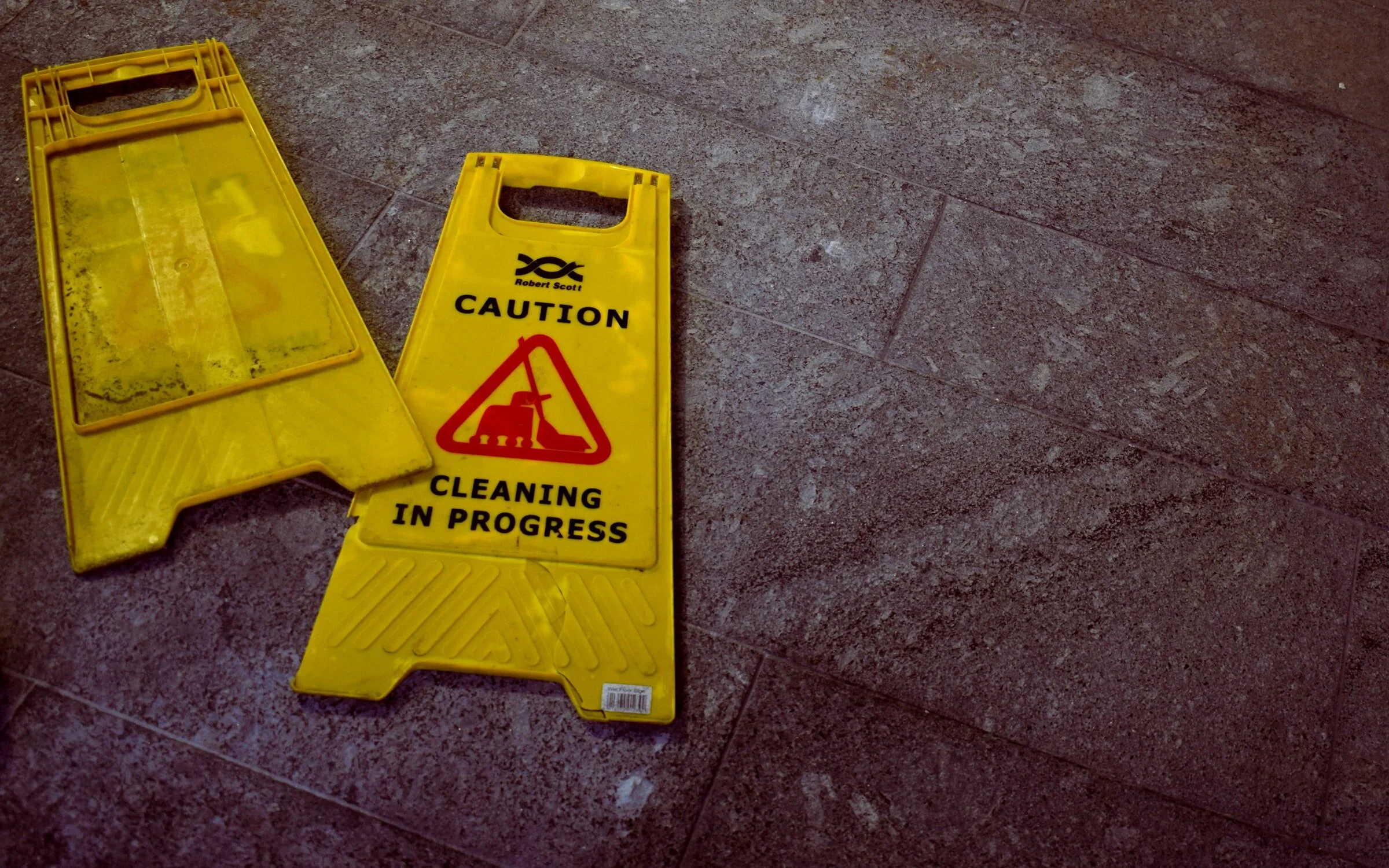Ezra 9
In this chapter of Ezra, we encounter an idea that weaves its way throughout the Old Testament: "Blessings" for those who obey the Lord, and "punishment" for those who do not. In this case, Ezra is lamenting the discovery of further disobedience by the exiles. "I am too ashamed and disgraced, my God, to lift up my face to you, because our sins are higher than our heads and our guilt has reached to the heavens. From the days of our ancestors until now, our guilt has been great. Because of our sins, we and our kings and our priests have been subjected to the sword and captivity, to pillage and humiliation at the hand of foreign kings, as it is today." (vs 6-7)





















